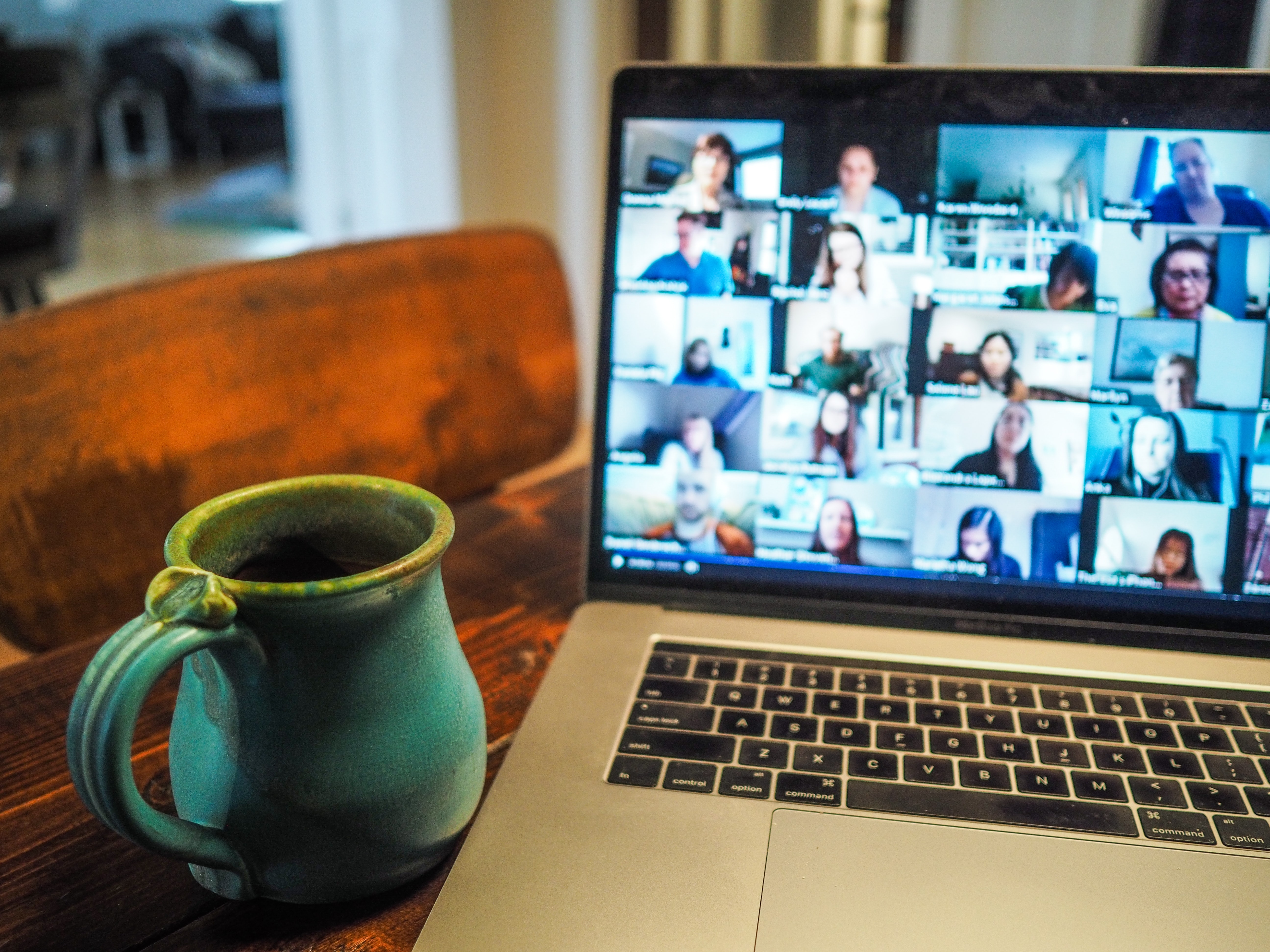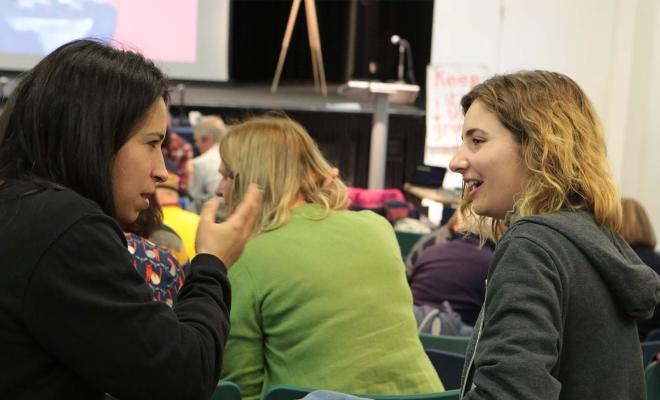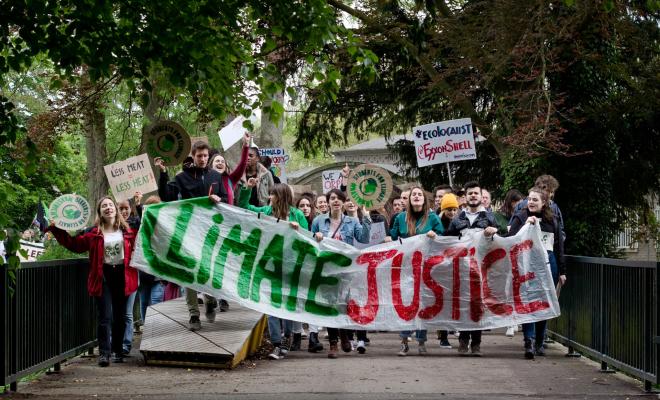24 Feb 2025
Here at Friends of the Earth we’re committed to supporting our local action groups to learn and develop. This is done, in part, through delivering online training that’ll build your skills, knowledge and confidence.
Our theory of training
We understand that not everyone has had a positive experience of education, and for that reason we aim to deliver training that doesn’t replicate formal education. We use a methodology called “experiential learning”, which allows space for participants to learn a theory, test it out for themselves and contextualise it for their local action group.
For example, a training on community mapping would share different theories on how to do this in practice. Participants would then be given time to map their community using the theories. Finally, participants would have time to reflect on how their local action groups could make use of community mapping. Experiential learning allows us to hear from a wide range of perspectives and understand that there isn’t just one “right” way of doing things.
We use pre- and post-training surveys as well as reflection and self-assessment by our training team to continually evaluate our training and ensure we’re always improving and providing the best learning environments. We really value all feedback from our activists.
We’re passionate about creating learning environments that are inclusive and accessible for all our local action group members and beyond. As part of this, we ask that all participants read and follow our training agreement. If you have any questions about anything, please reach out to [email protected]
Our training agreement
- Be present. This might look different for different people. For example, we encourage you to do whatever you need to do to focus. For example, having something to fidget with or standing up and moving around.
- Our training is a ‘Safer Space’. This means we are working to make a space where everyone feels safe and included. A safer space also prioritises people who face discrimination. For a safer space to work we need you to take part by respecting everyone and being open-minded to people who have different experiences to yours.
- Please ask or raise your hand if you would like to speak and be aware of the other voices in the room.
- Contact one of the facilitators if you don’t understand something or have a concern.
Accessibility
We’re committed to delivering training that’s accessible. Our online trainings use a combination of Zoom, PowerPoint, breakout rooms and Jamboards (interactive whiteboards).
In addition, we have the following processes in place to support accessibility:
- On Zoom we use Closed Captions.
- If you require a palantypist or a BSL interpreter, you can contact [email protected] at least 2 weeks before the training and we’ll aim to book an expert service. If there are no available palantypists or BSL interpreters, we’ll work with you to do whatever we can to support your engagement in the training.
- All PowerPoint presentations have alt text for images and pictures.
- PowerPoints and handouts will be emailed to all participants prior to training for use with screen readers.
We also really welcome requests for any other accessibility requirements, and you can email us at [email protected] to talk about it further.





